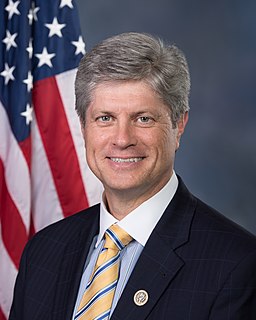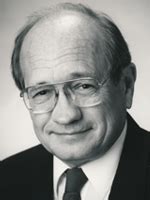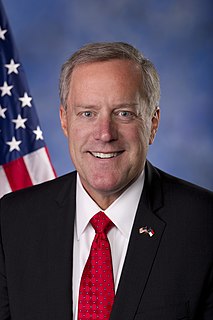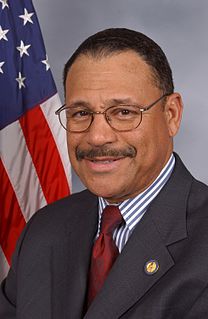A Quote by Mark Hatfield
Unless we have a well-educated people, we're vulnerable on our national security.
Related Quotes
We have a media that goes along with the government by parroting phrases intended to provoke a certain emotional response - for example, "national security." Everyone says "national security" to the point that we now must use the term "national security." But it is not national security that they're concerned with; it is state security. And that's a key distinction.
National security is a really big problem for journalists, because no journalist worth his salt wants to endanger the national security, but the law talks about anyone who endangers the security of the United States is going to go to jail. So, here you are, especially in the Pentagon. Some guy tells you something. He says that's a national security matter. Well, you're supposed to tremble and get scared and it never, almost never means the security of the national government. More likely to mean the security or the personal happiness of the guy who is telling you something.
Taking somebody's money without permission is stealing, unless you work for the IRS; then it's taxation. Killing people en masse is homicidal mania, unless you work for the Army; then it's National Defense. Spying on your neighbors is invasion of privacy, unless you work for the FBI; then it's National Security. Running a whorehouse makes you a pimp and poisoning people makes you a murderer, unless you work for the CIA; then it's counter-intelligence.
At some point, deliberation begins to look more like indecisiveness which then becomes a way of emboldening our enemies and allies and causing our allies to question our resolve. So we shouldn't let one component of this determine our national security here which depends on providing an Afghanistan which denies a safe haven to terrorists as well as stabilizing Pakistan. Those are our two national security interests at stake in Afghanistan.
Those who devise better methods of utilizing manpower, tools, machinery, materials and facilities are making real contributions toward our national security. Today, these ideas are a form of insurance for our national security; tomorrow, this same progressive thinking is insurance for our individual security-it is, in effect, job insurance.
The United States has every intention of continuing to do the kind of reconnaissance and surveillance work we have done for decades, well known to everyone, that is essential to protect our national security, and frankly, the security of our friends in various regions of the world. It is part of our collection system.


































